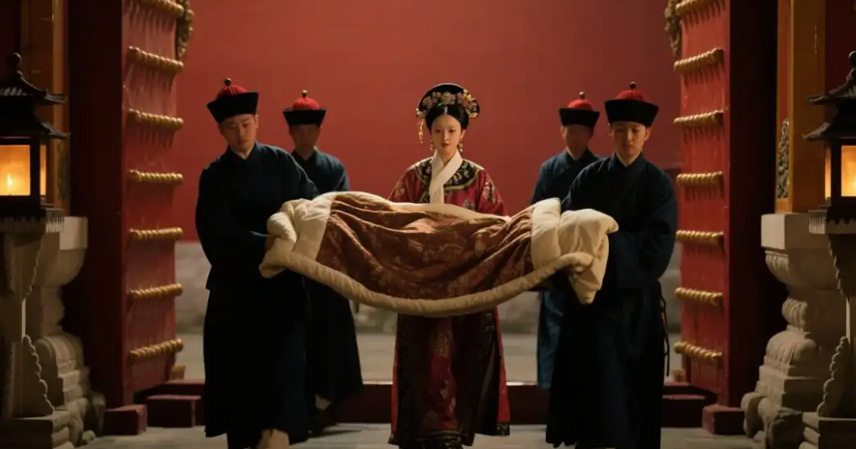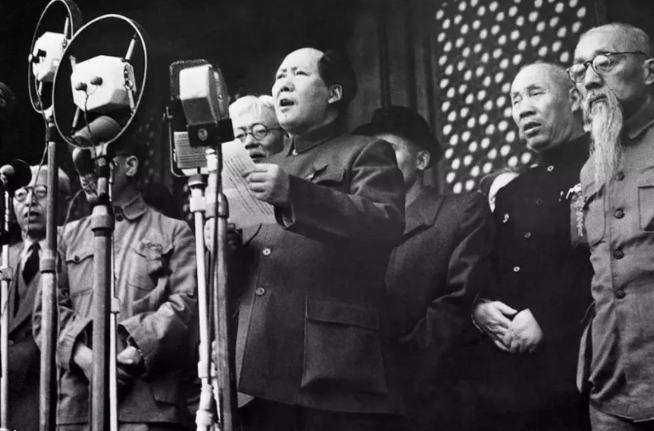In popular imagination, imperial concubines entering the emperor’s bedchamber are often depicted as elegantly dressed, adorned with jewelry, and stepping into a romanticized scene. However, historical records from the Qing Dynasty tell a very different story. During imperial audience nights, concubines were often stripped of all clothing, wrapped in blankets, and then escorted to the emperor’s chamber.
This practice may seem shocking, but it had practical, security, and psychological reasons behind it.
Efficiency and Time Management
The emperor’s time was extremely limited. From morning court sessions to reviewing reports and handling daily affairs, Qing emperors had packed schedules. Traditional ceremonial attire, including intricate hairstyles and elaborate jewelry, took significant time to put on and remove. By sending concubines already undressed and wrapped in blankets, the palace saved valuable time, allowing the emperor to rest and attend to affairs more efficiently.
Concubines also had specific time slots for their audience. Palace attendants reminded the emperor when time was up to ensure schedules were strictly followed. Entering and exiting in blankets streamlined the process and reduced delays.

Ensuring Safety
Security was another critical concern. There were documented incidents of concubines attempting to conceal weapons within their clothing. Qing emperors adopted a precautionary approach by having women inspected before entering the chamber. Removing clothing and accessories minimized risks of concealed weapons or objects being used for attacks. In this context, the practice served as a protective measure for the emperor.
Asserting Hierarchy and Authority
Beyond practical reasons, the practice reinforced the emperor’s authority and the social hierarchy of the time. In the Qing court, women, including high-ranking concubines, were subordinate to the emperor. By entering unclothed and under supervision, the concubines’ position as dependents was symbolically emphasized. This ritual reflected the gendered power dynamics of imperial China, where male authority and control were paramount.

A Reflection of Historical Social Norms
While modern perspectives might view this practice as harsh or demeaning, it was consistent with broader societal norms of the era. Women’s social value was closely tied to obedience and submission within the imperial hierarchy. What may seem unusual today was part of the structured order of palace life, combining practical, security, and symbolic considerations.
The Qing Dynasty’s concubine protocols illustrate the intersection of efficiency, security, and hierarchy in historical imperial courts. They also serve as a reminder of how cultural and societal norms shape practices that may appear extreme to contemporary observers.
References:
- Zhao, Q. (2018). Imperial Customs and Court Life in Qing Dynasty China. Beijing: Chinese Historical Press.
- Liu, Y. (2020). Women in the Qing Imperial Palace: Social Roles and Practices. Journal of Asian History, 54(3), 45-62.



